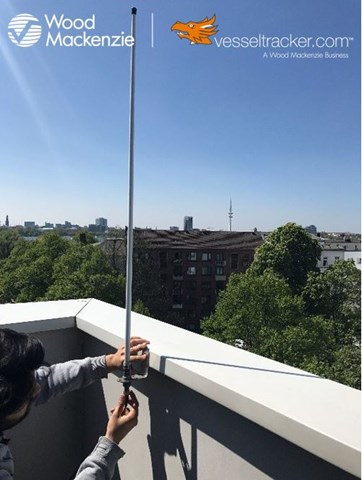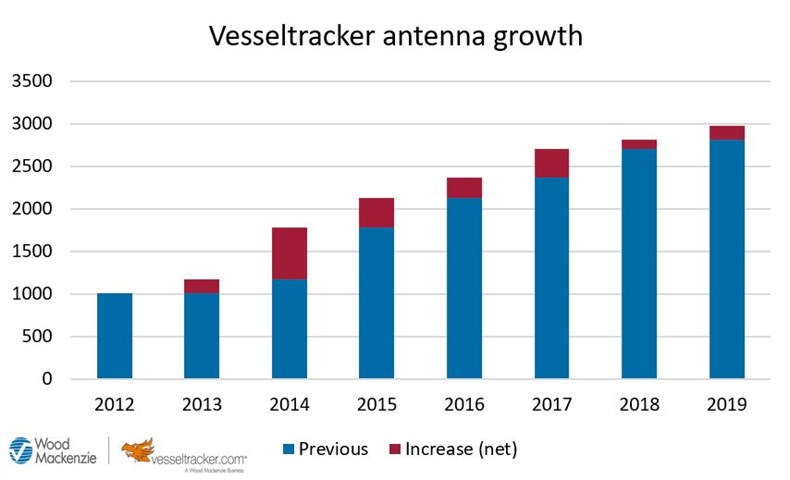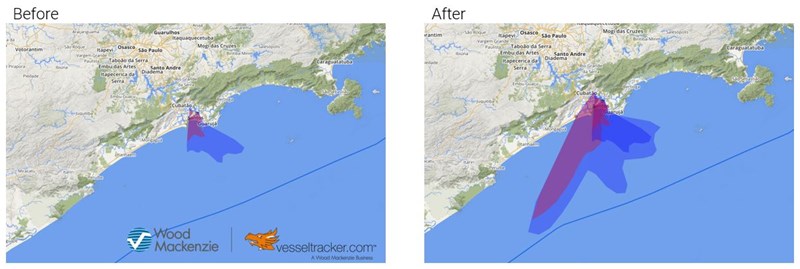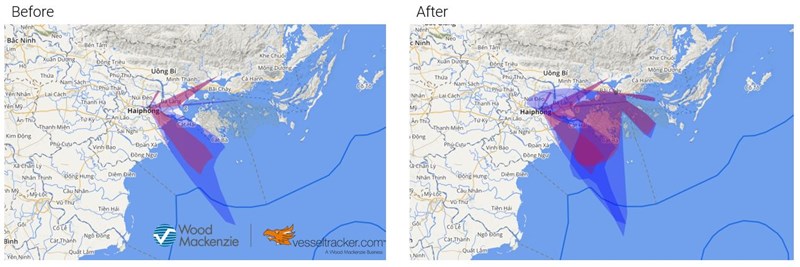Discuss your challenges with our solutions experts
Automatic Identification System (AIS) data is crucial for market participants interested in global supply chains to keep tabs on commodity waterborne movements. Acquiring this data can be a daunting task as minor shifts in patterns can have ripple effects on prices, leaving you behind the curve.
So how can you optimize your AIS data analysis to stay ahead?
Quality analysis starts and ends with quality data
To perform a valid analysis and to make accurate business decisions, you need to rely on high-quality data. This can be difficult due to several threats to AIS data quality, including:
- Regions without antenna coverage cause large information gaps and can skew analysis in favor of well-covered regions
- If an antenna in a covered region goes offline, vessel positions will go unreported and holes in historical data will accumulate
- Incorrectly handled duplicate values, position spikes, and AIS signal spoofing can introduce erroneous data that do not reflect true events
If you rely on AIS data for your business, falling victim to these inaccuracies will distort your decision making and lead to poor results.
Owning our network helps us guarantee coverage and quality
At Wood Mackenzie Vesseltracker, we own our antenna network allowing us to offer superior coverage. While owning our AIS antenna network is challenging, it’s worth the investment and work. Our network requires regular maintenance, liaising with customs and regular technical support, but as a result, we provide the highest-quality data to the market. Here’s why:
- Technical superiority: we configure our antennas ourselves with software that can self-diagnose and repair technical problems without human intervention. The result? Better reliability and more complete data.
- Data quality and security: since we can trace each message we get to the antenna that received it, we have full control over our data quality and can identify issues like duplicate values, spikes and spoofing at the source.
- Active expansion: our global antenna team actively seeks out new locations based on client needs, allowing us to provide a true representation of shipping activity from around the world.
- Incentivized hosts: our antenna hosts are maritime professionals who use Wood Mackenzie Vesseltracker themselves and have a strong incentive to keep their antennas online. We sign long-term agreements with our hosts before we send them any equipment to guarantee our coverage over the long term.
Figure 1: Wood Mackenzie Vesseltracker antenna team member installing a new antenna.
Requested coverage and continued investments
Time zone and language differences pose a challenge as we continue to expand our network around the world. Our global, multilingual outreach staff brings us closer to our antenna hosts and provide the best technical support possible.
The result? More online antennas in the commercial ports that really matter to you, with unique data you can’t get from any other AIS provider.
Figure 2: Wood Mackenzie Vesseltracker's increased antenna growth from 2012 to 2018.
In the past five years, we invested over $3 million USD directly in our antenna network – more than any other AIS Provider – and we continue to deploy new antennas in important locations around the world.
Whether you want to see what’s happening in a single port or need to understand global commodity flows, we have you covered. Since October 2018, we have expanded our coverage in the ports that matter most to our clients (Figures 3-5).
Do you have an area in mind you need covered? Fill out the form at the top of the page to get in touch with a member of our team.
Figure 3: Increased coverage at the Mississippi Delta, USA.
Figure 4: Increased coverage at the Port of Santos, Brazil.
Figure 5: Increased coverage at the Ha Long Port, Vietnam.










